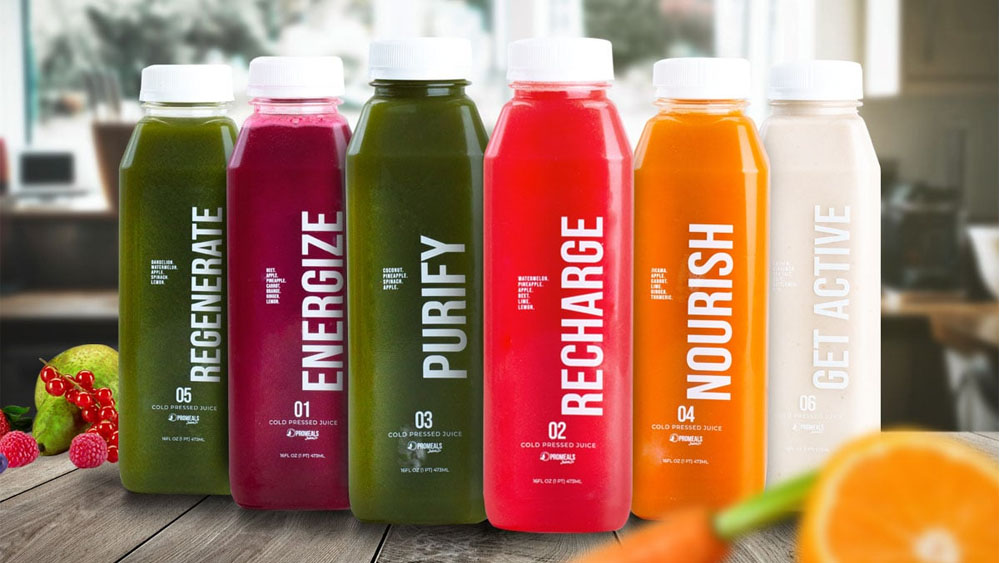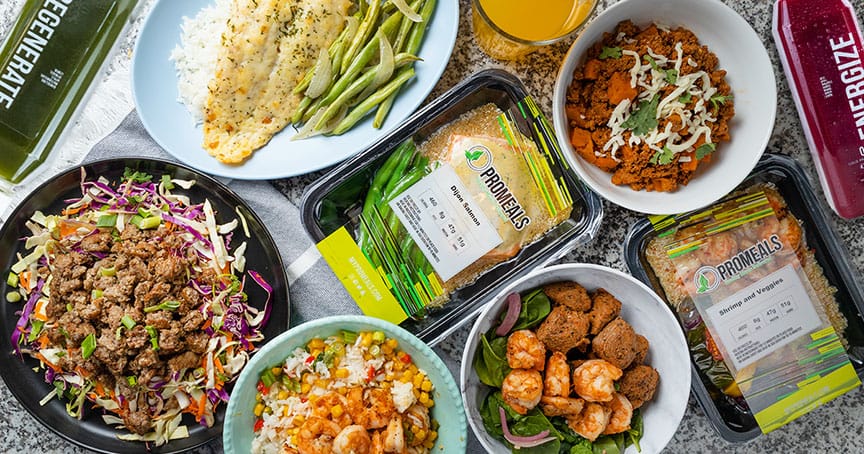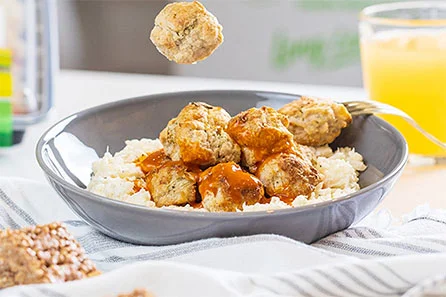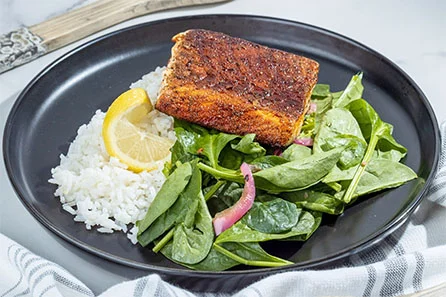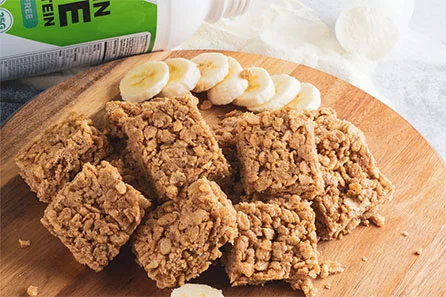Cold-pressed juices have gained immense popularity in recent years, claiming to be a healthy alternative to regular fruit juices or sodas. These juices are extracted using hydraulic pressure to squeeze every last drop of juice from fruits and vegetables while keeping their nutrient content in an unaltered state. But the question remains: Are cold-pressed juices as healthy as they claim to be? Let’s delve deeper into this query and explore their nutritional value.
1. Nutrient Content
The rawness and purity of the juice extraction process make cold-pressed juices nutritious, containing more vitamins, minerals, and antioxidants than traditional juices. Unlike traditional juice extractors, which use high-speed blades to cut the fruits and vegetables, cold-pressed juice extractors do not introduce excessive heat to the juices which can destroy nutrients. However, the actual nutrient profile and amount of fruit sugar in the juice can vary depending upon the type of fruits and vegetables used.
2. Levels of Sugar
Cold-pressed juices are extracted using only whole, raw fruits and vegetables, which means that they have natural sugars added to them. While this might not sound concerning, it's important to note that fruits and vegetables can contain a surprisingly high amount of sugar. Although the juice retains its fiber content, which can help balance sugar absorption, the high sugar levels could negatively impact your health if consumed in large amounts.
3. Fiber Content
One of the significant advantages of cold-pressed juice is that it retains fiber content even after the extraction process. Fibers support digestion, feeling full for a longer time, and slow the absorption of sugar, which means that you do not experience sugar highs and lows. Some cold-pressed juices are solely made with whole fruits and vegetables with no added sugar or water, making them a fantastic way to enhance your daily fiber intake.
4. Cost
Cold-pressed juices can be pricey, with some stores charging $10 or more per bottle. This high cost is attributed to the quality and quantities of the fruits and vegetables that are used in the process. Indeed, it's a healthier and more convenient option than making your juice, but it's an expensive one.
5. How to Choose Your Juice
When purchasing cold-pressed juice, always check the ingredient label to ensure that it is free of added sugars or flavors. Focus on selecting juices that are vegetable-intensive, as the fruits will likely provide enough natural sugar flavor.
Conclusion
Cold-pressed juice can be a nutritious addition to your diet, but like all things, moderation is key. It is indeed a healthier option than some other sugary, carbonated options. Still, you should not rely completely on juice diets or drink in excess amounts. Use cold-pressed juice as a supplement to your daily fiber intake or as an alternative to a sugar-laden beverage. As always, it's essential to ensure that you are consuming balanced, nutrient-rich meals. Cold-pressed juice could be another component, but it shouldn't be a replacement for regular healthy eating habits.

